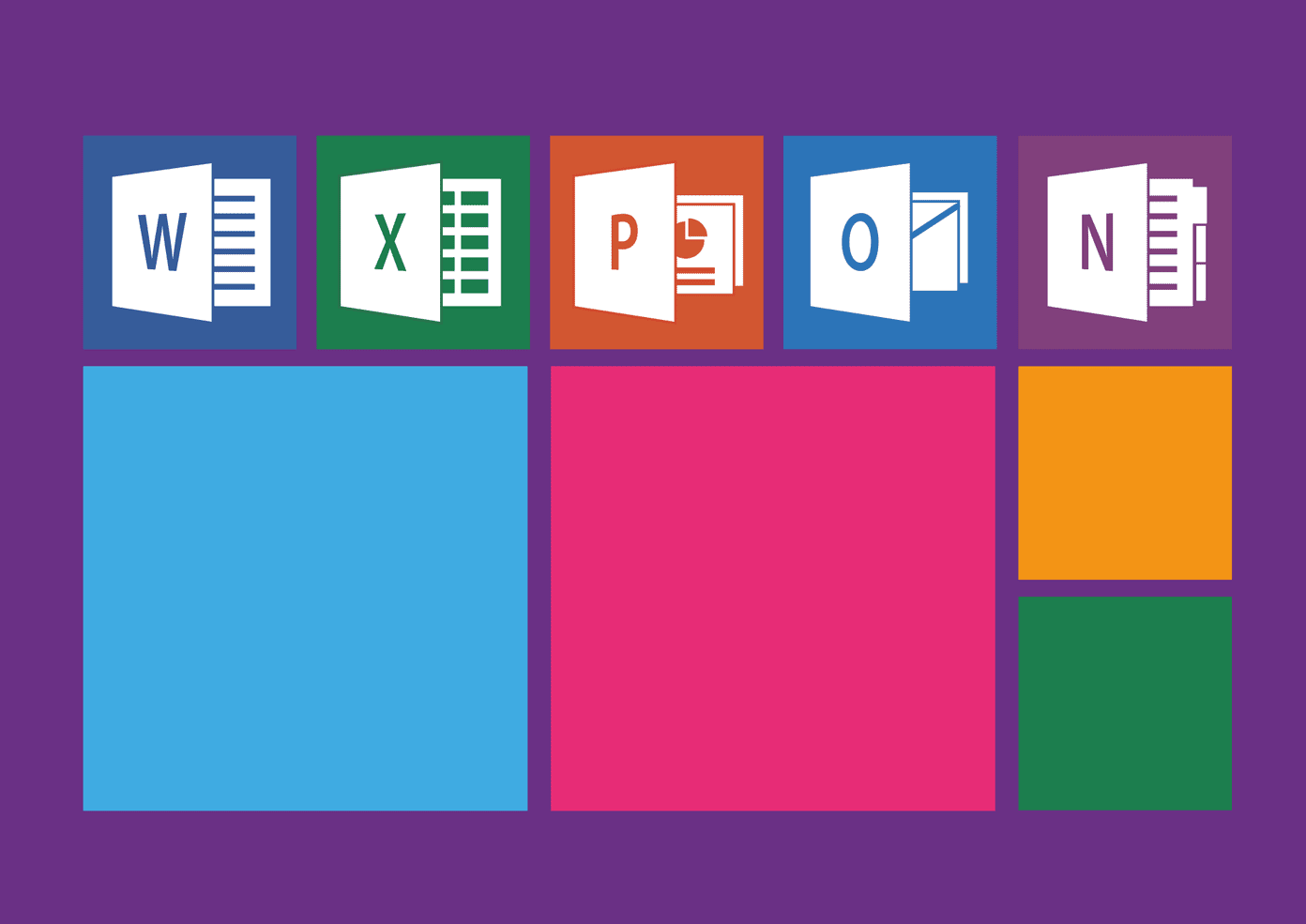RAM, also called the main memory of a computer, is used for running applications, multitasking, and aiding the CPU with processing data. For example, when you open up dozens of tabs in your internet browser at a time, like me, it’s your RAM that’s cursing the day you were born.
Why Is DDR4 Better?
So consumer grade DDR4 was released in September 2014. Before that, DDR3, used since 2007, had been going strong for seven entire years. Isn’t DDR3 good enough? What makes DDR4 any better? Well, compared to its predecessor, DDR4 consumes 20%-50% less power, boasts twice the speed, and has twice the capacity. This is possible due to higher density chips and new DIMM sockets (where your RAM connects to your motherboard), as specified by the industry standard, announced by the The Joint Electron Devices Engineering Council in 2012. As Lenovo puts it: The main selling point of DDR4 is the drastic decrease in power consumption. This will especially impact the mobile market, where increased battery life is always an attractive feature. Faster transfer rates mean better communication between the RAM and CPU for a smoother user experience. Similar improvements can be seen capacity-wise. Corsair explains it well in the paragraph below. Whereas DDR3 sticks come in 8 GB each at max, which means up to 64 GB of RAM in a quad-channel motherboard (8 DIMM sockets), DDR4, which can go up to 16 GB per module, will allow for 128 GB setups. More RAM means your computer can handle more and larger processes, and while you won’t see that much RAM in practical application in the consumer space, these factors will highly impact servers, saving companies space and money. Cool Fact: The world record for the fastest memory frequency was broken by the Ripjaws 4 Series of DDR4 RAM. The new record sits at 4,004 mHz. Not only are G.Skill’s Ripjaws the fastest in the world, but they also look completely badass.
If You’re a Power User, Time to Upgrade
Are computers your hobby? Your lifeblood? Your passion? If you’re new to the scene and need some advice, or you’re considering whether to upgrade but need that extra push, let’s talk about why the release of DDR4 means that now is a good time to build your new desktop. For those of you who like to stay up to date on the newest computer parts, you know that upgrading to DDR4 would be a big commitment. Due to the new DIMM sockets, DDR4 RAM would require a new motherboard. Upgrading your motherboard would mean it’s time to upgrade your CPU. So if you’re planning on upgrading your RAM, you’re practically upgrading your whole computer anyway – why not go all-in for an entirely new getup? So what do I need better RAM for anyway? Truthfully, RAM isn’t usually too much of a bottleneck when it comes to typical reasons for upgrades like gaming, streaming, or watching movies. What it is good for are things like: running many applications, encoding, rendering, compressing or decompressing. So if you’re using a lot of WinRAR or HandBrake, you’re really into photo/video editing, you deal with large amounts of code, or you keep a bazillion Chrome tabs open like me, better RAM would definitely do you good. Of course, if your RAM is a proper piece of junk, that’s a good excuse to upgrade too. Next, take into consideration that while other parts like processors and graphics cards can be released sometimes yearly, the last generation of RAM came out in 2007. That’s SEVEN years ago, which is easily just as long as the lifespan of your desktop. This means if you build a new desktop now, it’s safe to assume that RAM-wise, your computer won’t be outdated until you’re ready to build a new one. But what about when DDR4 improves? The only drawback of current DDR4 is the latency. Since DDR3 had seven years of refinement, standard DDR4 latency is a little higher at the moment. DDR4 probably won’t hit optimal price vs. performance until a few years from now. However, the good news is, when it does reach that sweet spot, you’ll already have a DDR4-compatible motherboard, so you can easily upgrade by just swapping out your RAM. Here’s an example build if you want a top-of-the-line gaming desktop that pans out to be around 2K.
But Desktops are Dying, Right?
Well no, no they’re not. Sure, sales might have dropped as average households move to laptops and tablets and other mobile devices, but there will always be that class of technocrats who require their desktops for hardcore gaming, software and video editing, and other computing-intensive activities. It might be a niche market, but it’s a market that’s here to stay. More and more people are interested in building their own customized computers – it’s part of geek/nerd culture, which is not going to go away anytime soon (sorry if I offended anyone by grouping these bitter enemies together). If anything, geek/nerd culture is only growing as technology becomes more prevalent and the general populace becomes more educated. So go ahead, build that beautiful, brand new, I-probably-won’t-be-stressing-these-components-to-full-capacity-but-at-least-they’ll-last-and-won’t-be-outdated-for-a-long-time desktop of your dreams. If your life is anything like that guy pictured above, think of it as a good investment. Do it for yourself, you deserve it! The above article may contain affiliate links which help support Guiding Tech. However, it does not affect our editorial integrity. The content remains unbiased and authentic.












![]()


